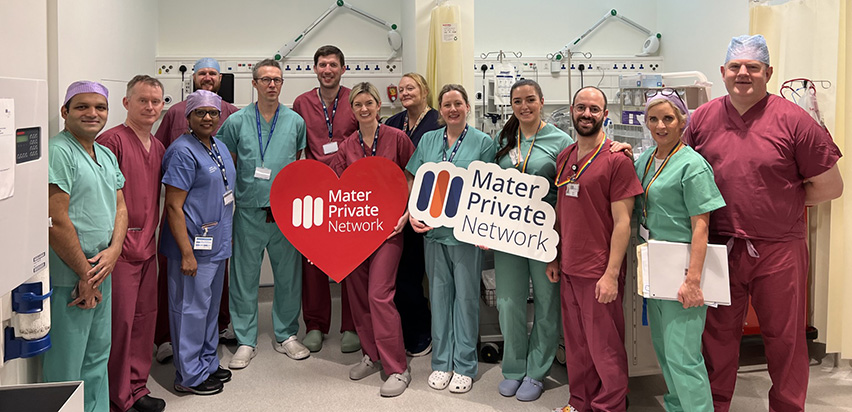Mitral Valve Replacement
Contact Us
Please note a referral letter is required before an appointment can be confirmed.
Useful Information
About this service
Mitral valve replacement is a procedure carried out to replace a damaged mitral valve with an artificial valve.
The mitral valve (also called the bicuspid valve) separates the upper left heart chamber from the lower left heart chamber, and helps control blood flow through the heart. Problems with the mitral valve can make the heart less efficient at pumping blood around the body and in severe cases, can lead to heart failure.
The two most common causes of mitral valve problems are mitral regurgitation and mitral stenosis.
Mitral regurgitation occurs where there is a backflow of blood through the valve, often as a result of the valve collapsing (mitral valve prolapse).
Mitral stenosis occurs where the valve doesn't open as widely as it should, restricting blood flow around the body.
Mitral valve replacement is usually only considered if you are unable to have the valve repaired. If you have calcium deposits furring up the lining of your valves, or if the leaflets of your valve are no longer able to open and close, replacement surgery will be required.
The procedure will be performed under general anaesthetic. The length of time it takes to complete will depend on the level of disease present in the valve.
In most cases, this procedure requires open heart surgery in order to remove the damaged valve.
A minimally invasive technique may be an option for some patients. This involves a "mini" incision in the "breastbone" (sternum) or under your right pectoral muscle to access the heart valve. This technique may potentially reduce pain, scarring, and your recovery time.
Once the surgeon has access to your valve, you will be placed on a heart-lung bypass machine, which takes over the function of your heart and lungs while the procedure is carried out.
After your damaged valve has been removed, it will be replaced with an artificial (prosthetic) valve which will be sewn into place. All other incisions will be sewn or stapled closed.
When the procedure is fully complete, your heart will be able to beat on its own and you will be removed from the bypass machine.
You will spend some time in the intensive care unit (ICU).
You will usually need to take medication for an extended period of time to prevent blood clots.
Recovery time will typically take between 8 - 12 weeks.











